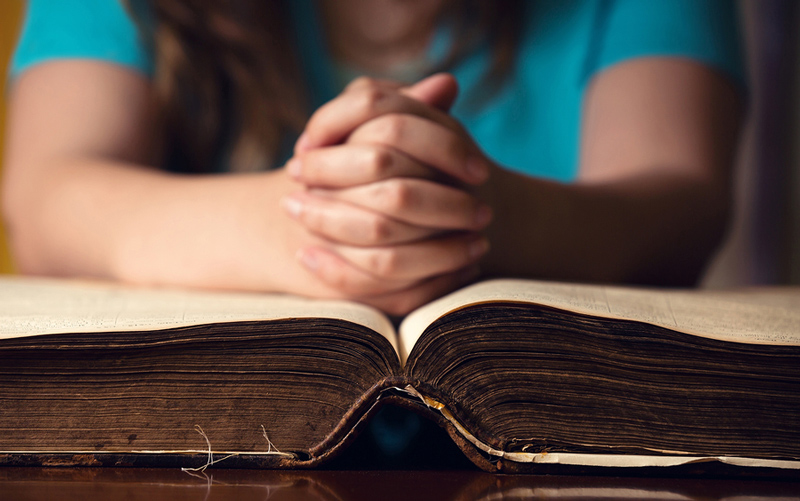
Dear Parents of 2015, I feel for you. I don’t think parenting has ever been easy — and I feel personally responsible for helping my own parents take several years off their time in purgatory — but in the past few months I’ve been especially sympathetic to the difficult topics the world has been throwing your way. Gender identity. Websites that enable marital infidelity. The violence of war and the plight of refugees. The world is not an easy place to understand these days.
I’ve been working with students in the Catholic Church for years now, and I’ve come to realize that there’s no magic to helping kids navigate the challenges their faith will face. No perfect program or book that will explain it all. However, I have seen families establish some great habits that don’t shelter their kids from the world but give them the tools to encounter and even change it, a little bit at a time. So, assuming your family is already attending Mass on Sunday (the literal “source and summit” of our Christian life, according to the Catechism of the Catholic Church, paragraph 1324), consider adding these habits to your family’s routine to empower your kids with the truth:
Read and discuss the Gospels. Kate, now a high school senior, has been active in our parish since I met her as a freshman. When she was preparing to receive the Sacrament of Confirmation, she shared that her family began reading and discussing the Gospels together years ago as a Lenten discipline. Realizing that it was bearing fruit, they continued the practice. Kate would tell you that she doesn’t have all the answers, but her faith has a confidence that’s developed from years of family discussion. The Gospels for Sunday can be found at usccb.org — turn the dinner table into an opportunity to study the words of Christ.
Have a Catechism in the house and use it to answer questions. When it comes to questions, this generation will check the Internet first. This is fine for movie times, fixing the drier or hairstyles (I’m not kidding when I say I learned to curl my hair from a 14-year-old’s YouTube channel). When it comes to our Catholic faith, however, Google should not be our first resource. While one can, technically, find the Catechism of the Catholic Church online, it’s important for students to understand that our faith isn’t up for crowd-sourced editing. Have a copy of the catechism and flip to the index to find answers when questions arise.
Take opportunities to recognize the dignity of each person. Community service and volunteering is important, but as students work to earn the hours they need for different diplomas, awards and scholarships it’s important to remember the “why” of service — because of each person’s God-given dignity. A dignity that the Catholic Church upholds and defends no matter the current trends or policies. Students who understand that every life has value that comes from God will be better equipped to defend it against the culture of death.
We can’t anticipate the next topic, idea or trend that will challenge our student’s faith, but we can empower them with Scripture, tradition and a respect for all human life.


